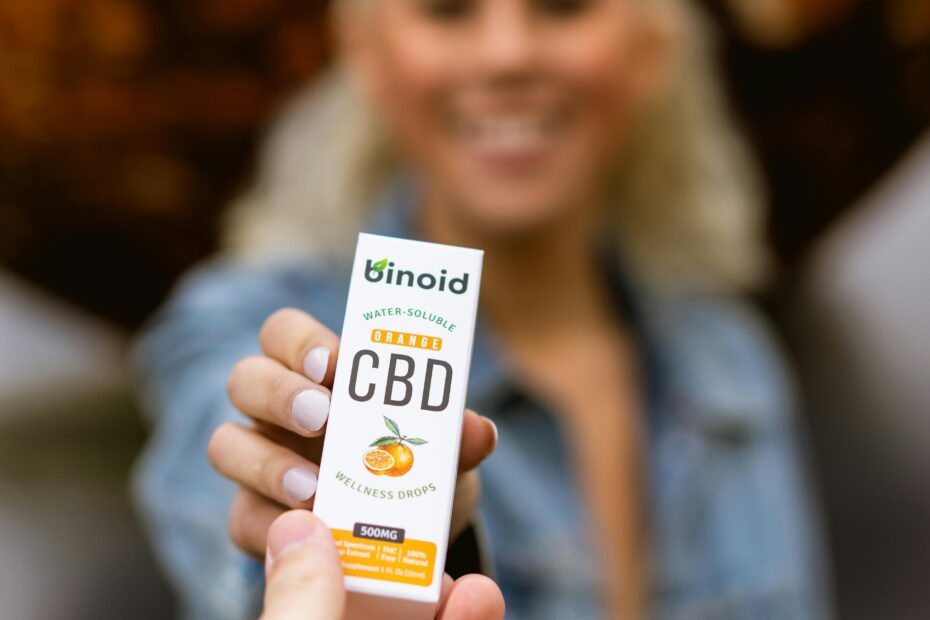So you’ve heard about CBD and THC, but do you really understand the differences between them? In this article, we will explore the distinctions between CBD and THC to help you gain a clearer understanding of these two commonly discussed compounds. Whether you’re new to the world of cannabis or simply looking to expand your knowledge, this article will break down the key characteristics of CBD and THC, shedding light on their effects, legality, and potential health benefits. Get ready to unravel the mysteries of CBD and THC, and discover how these compounds differ in their chemical makeup and potential uses.
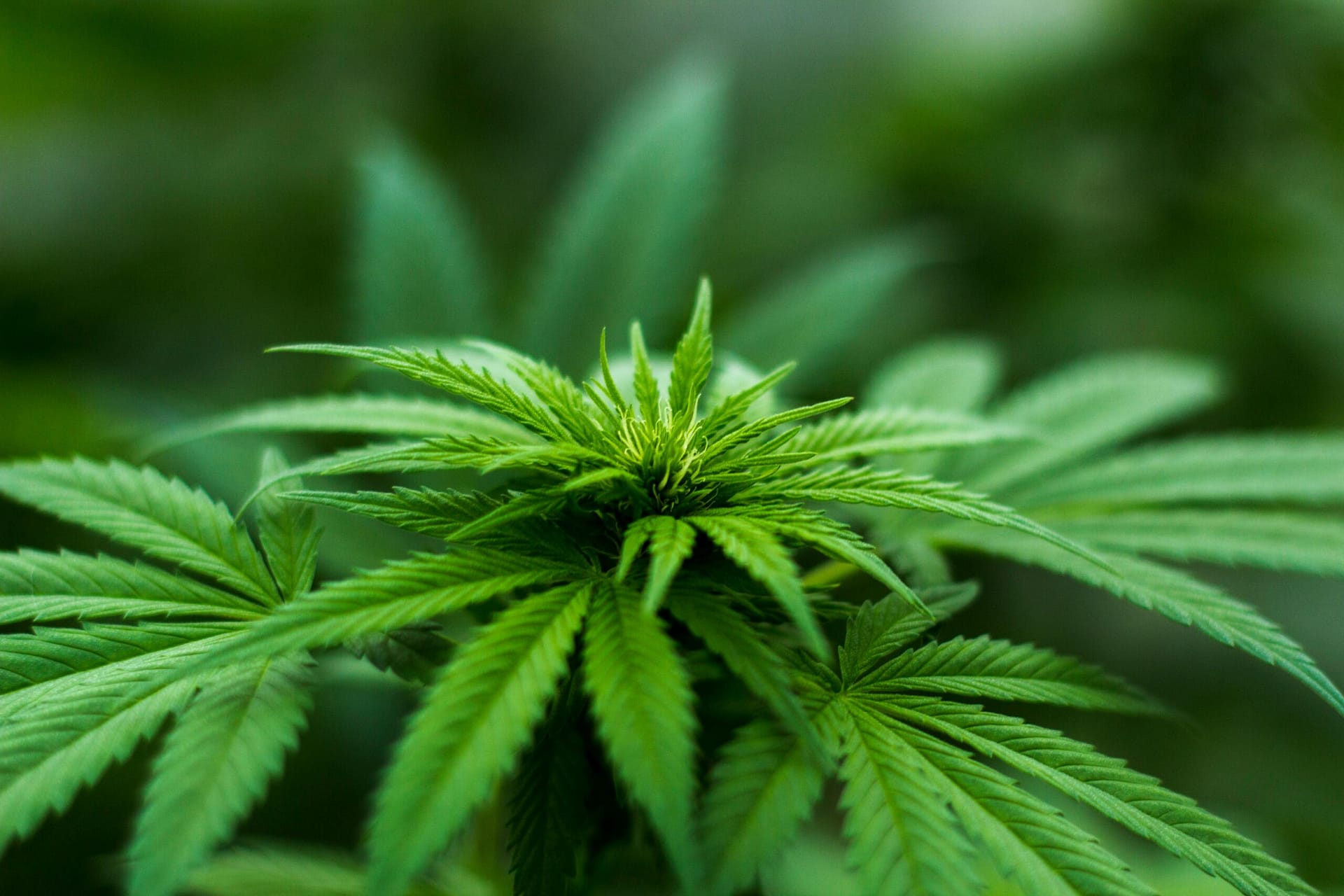
What is CBD?
CBD, short for cannabidiol, is a naturally occurring compound found in the cannabis plant. Unlike its counterpart THC (delta-9-tetrahydrocannabinol), CBD is non-psychoactive, meaning it does not produce the euphoric “high” typically associated with marijuana. CBD has gained popularity for its potential therapeutic properties and is commonly used as a natural remedy for various ailments.
Definition of CBD
CBD is one of over 100 cannabinoids present in cannabis. It interacts with the body’s endocannabinoid system, a complex network of receptors responsible for maintaining balance and regulating various bodily functions. CBD is extracted from the hemp plant, a variety of cannabis with low levels of THC. It can be consumed in various forms, including oils, capsules, topical creams, edibles, and even infused into beverages.
Different sources of CBD
CBD can be derived from both hemp and marijuana plants. Hemp-derived CBD contains less than 0.3% THC, making it legal in many countries. On the other hand, marijuana-derived CBD contains higher levels of THC, which may have legal restrictions in certain regions. It’s important to note that CBD products derived from hemp are widely available and legal in many places.
Properties and effects of CBD
CBD has gained attention for its potential therapeutic properties. It is believed to have anti-inflammatory, analgesic (pain-relieving), and anxiolytic (anxiety-reducing) effects. Research suggests that CBD may also have antipsychotic properties and could potentially aid in the treatment of conditions such as epilepsy, chronic pain, anxiety disorders, and even certain types of cancer. However, more research is needed to fully understand the efficacy and safety of CBD for various medical conditions.
What is THC?
THC, or delta-9-tetrahydrocannabinol, is the primary psychoactive compound found in cannabis. It is responsible for the intoxicating effects commonly associated with marijuana use. THC interacts with the brain’s receptors, altering neurotransmitter release and resulting in the euphoric “high” experienced when consuming marijuana.
Definition of THC
THC is one of the many cannabinoids found in cannabis. It is predominantly found in marijuana plants, rather than hemp. THC binds to the cannabinoid receptors in the brain and central nervous system, triggering a cascade of psychoactive effects. Its potency can vary depending on the strain and cultivation methods used.
Different sources of THC
While THC is primarily associated with marijuana, it can also be found in some hemp-derived CBD products. However, these products generally contain minimal THC levels within legal limits. In states or countries where marijuana is legal, THC can be obtained through various forms such as dried flowers, edibles, concentrates, and tinctures.
Properties and effects of THC
THC is renowned for its psychoactive properties, inducing a sense of euphoria, relaxation, altered sensory perception, and increased appetite. It can also cause short-term side effects such as impaired memory, coordination, and judgment. Medically, THC has shown promise in managing pain and nausea, stimulating appetite in cancer patients, and alleviating symptoms in conditions such as multiple sclerosis and glaucoma. However, its recreational use carries legal implications in many jurisdictions.
Chemical Makeup
Structural differences
CBD and THC have distinct chemical structures, giving rise to their different effects and properties. CBD has a benzene ring with a hydroxyl group (-OH) attached, whereas THC contains a cyclic ring with a side chain. This structural variation impacts their binding affinity to the body’s cannabinoid receptors, influencing their interaction with the endocannabinoid system.
Similarities in chemical composition
Despite their structural differences, both CBD and THC share the same chemical formula, C21H30O2. They each have 21 carbon atoms, 30 hydrogen atoms, and 2 oxygen atoms arranged in specific molecular configurations. This similarity in composition allows CBD and THC to interact with the body’s receptors, although their effects differ due to the variance in receptor affinity and receptor activation pathways.
Psychoactive Effects
THC’s psychoactive effects
THC is known for its psychoactive properties, responsible for producing the characteristic “high” experienced when consuming marijuana. It binds to the cannabinoid receptors in the brain, particularly the CB1 receptors, which are concentrated in regions associated with pleasure, memory, coordination, and cognition. This activation leads to altered perception, mood elevation, relaxation, and sometimes short-term memory impairment.
CBD’s non-psychoactive effects
CBD, by contrast, is non-psychoactive, meaning it does not produce the same intoxicating effects as THC. It does not bind strongly to CB1 receptors, resulting in a lack of psychoactive response. Instead, CBD interacts with other receptors, including CB2 receptors, serotonin receptors, and various ion channels, providing potential therapeutic effects without the characteristic “high” associated with THC.
Differences in psychoactivity
The key distinction between THC and CBD lies in their psychoactivity. THC produces a noticeable psychoactive effect, altering perception and inducing a euphoric state, while CBD does not cause intoxication. This difference has significant implications for both recreational and medical use, as CBD offers therapeutic potential without the mind-altering effects of THC.
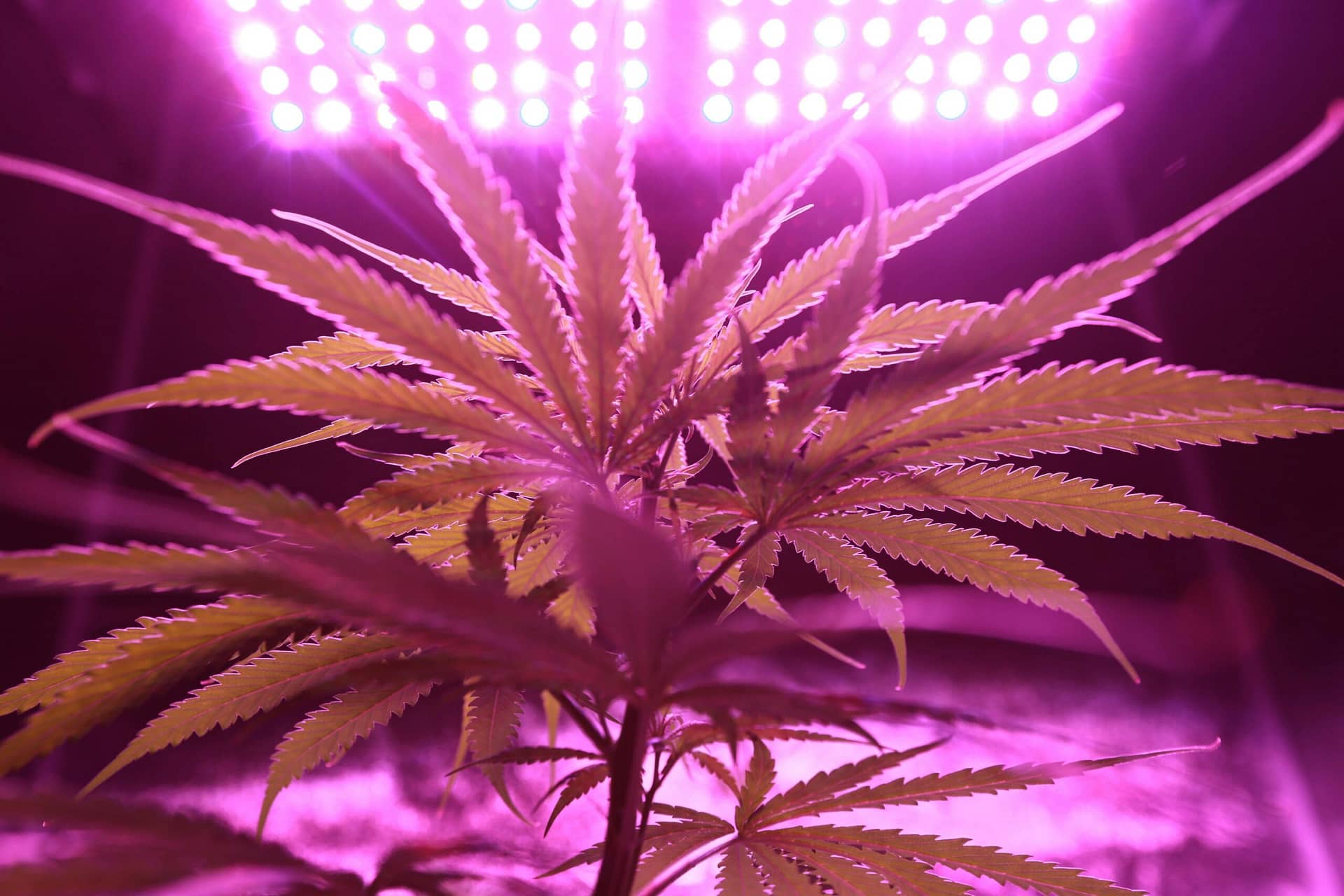
Medical Use
CBD’s potential medical benefits
CBD has shown promise in various medical applications. Research suggests that it may have anti-inflammatory properties, potentially benefitting those with conditions such as arthritis or inflammatory bowel disease. CBD’s anxiolytic effects may help individuals struggling with anxiety disorders or insomnia. Additionally, ongoing studies explore its potential in managing epilepsy, reducing seizures, and even alleviating symptoms associated with neurodegenerative diseases like Alzheimer’s and Parkinson’s.
THC’s potential medical benefits
THC, too, has demonstrated medical potential. Its ability to relieve pain and induce relaxation has made it valuable for managing chronic pain conditions, such as multiple sclerosis or cancer-related pain. THC’s antiemetic effects can help reduce nausea and increase appetite in patients undergoing chemotherapy or suffering from wasting syndrome. Furthermore, it shows potential in managing glaucoma by reducing intraocular pressure.
Different therapeutic uses
CBD and THC have distinct therapeutic applications due to their differing properties. CBD’s non-psychoactive nature makes it a viable option for those seeking relief from pain, anxiety, or inflammation without the intoxicating effects associated with THC. In contrast, THC’s psychoactive qualities can be beneficial for managing conditions that require relaxation, pain relief, or increased appetite. The optimal choice between CBD and THC depends on the specific medical condition and individual preferences.
Legal Considerations
CBD’s legal status
The legal status of CBD varies across different regions. In many countries, CBD products derived from hemp containing less than 0.3% THC are legal for purchase and use. However, regulations can differ significantly, and it is essential to be aware of local laws before acquiring or using CBD products. Some places impose restrictions on the sale and possession of CBD, while others classify it as a controlled substance.
THC’s legal status
THC’s legal status is more complex due to its psychoactive nature. Many countries and states have enacted laws regarding THC, with varying degrees of legality. In some regions, recreational and medicinal use of marijuana is permitted, allowing access to THC-rich products. However, in places where marijuana remains illegal, THC use is subject to legal consequences, ranging from fines to imprisonment.
Variations in legality
The legality of CBD and THC can differ even within a single country. Some states or provinces within countries may have different regulations regarding cannabis and its derivatives. For instance, while THC-rich products might be legal in one state, another state within the same country may strictly enforce its prohibition. Therefore, it is crucial to understand the specific laws and regulations in the region where you reside or plan to use CBD or THC products.
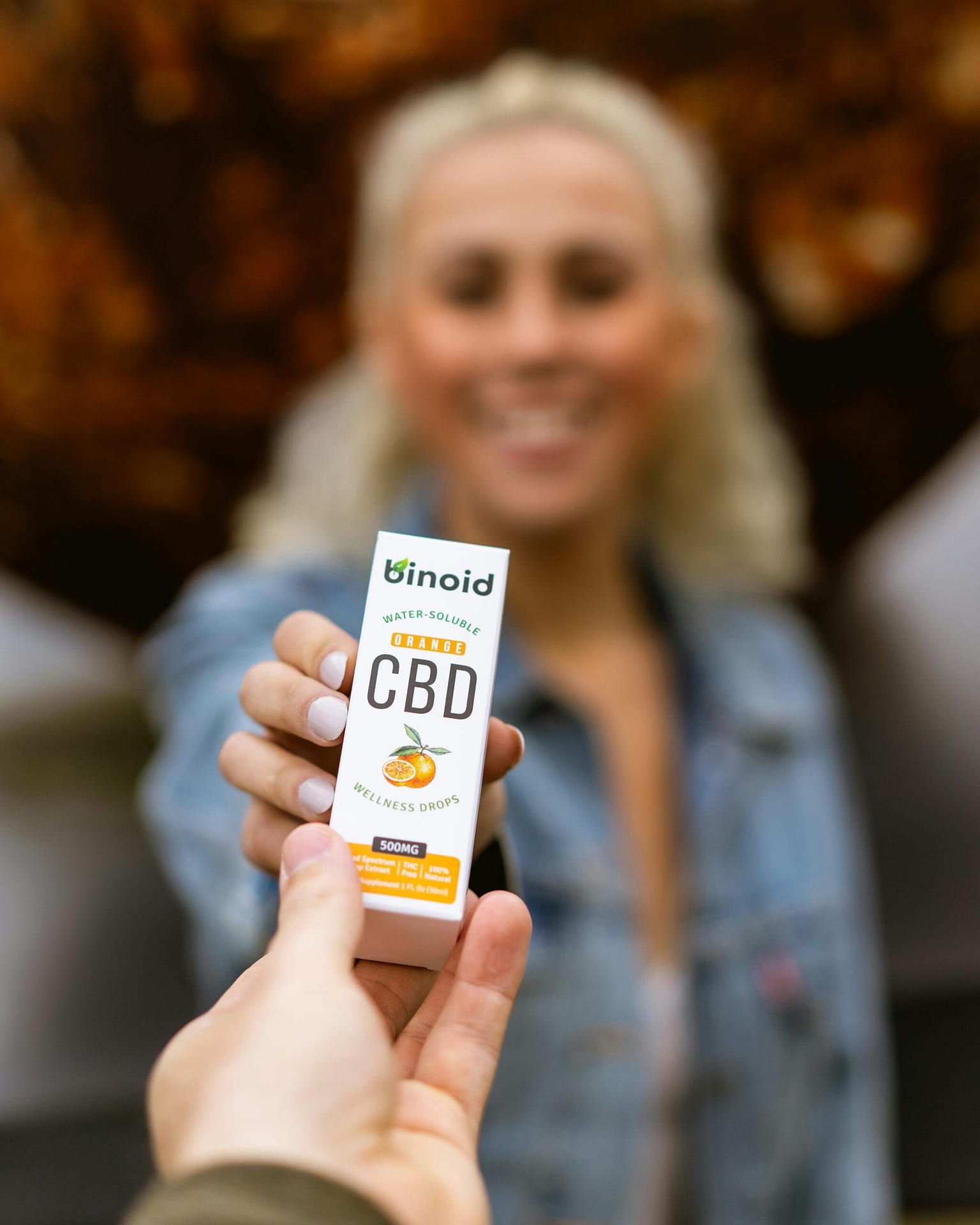
Side Effects
Common side effects of CBD
CBD is generally well-tolerated, with few reported side effects. However, some individuals may experience mild effects such as dry mouth, drowsiness, lightheadedness, or changes in appetite. These side effects are typically temporary and subside as the body adjusts to CBD. It is important to note that CBD may interact with certain medications, so it is advisable to consult a healthcare professional before using CBD products.
Common side effects of THC
THC, being psychoactive, can produce side effects that are more pronounced than those of CBD. These can include impaired memory and cognition, dizziness, increased heart rate, coordination difficulties, and anxiety or paranoia, particularly at higher doses. Not everyone experiences these side effects, and they can vary depending on individual sensitivity, prior cannabis use, and the specific product consumed.
Differences in side effects
The differing side effects of CBD and THC highlight one of the key distinctions between the two compounds. CBD’s non-psychoactive nature and minimal side effects make it generally well-tolerated by most individuals. THC’s psychoactivity can result in more noticeable and potentially unwanted side effects, especially for individuals sensitive to the intoxicating effects of marijuana. It is important to consider these differences when choosing between CBD and THC products.
Drug Testing
THC’s impact on drug tests
THC’s psychoactive properties can lead to positive results in drug tests screening for cannabis use. Urine, blood, and saliva tests can detect THC and its metabolites, indicating recent marijuana consumption. The presence of THC in the system can result in workplace or legal consequences, particularly in occupations with strict drug testing policies or jurisdictions where marijuana use remains illegal.
CBD and drug testing
Pure CBD alone is not usually screened for in standard drug tests. Most drug tests focus on detecting THC, as it is the main psychoactive compound. However, some CBD products, particularly those derived from marijuana, may contain trace amounts of THC, potentially leading to a positive drug test if consumed in high quantities. It is advisable to use CBD products derived from hemp with minimal or no THC to minimize the risk of false-positive results.
Considerations for drug testing
If you are subjected to drug testing, it is important to be aware of the THC content in CBD products you consume. Choosing CBD products derived from hemp with documented third-party lab testing or opting for CBD isolates that contain no detectable THC reduces the risk of THC showing up in drug tests. As regulations and testing methods may vary, it is best to consult your employer, healthcare provider, or legal representative for guidance specific to your situation.
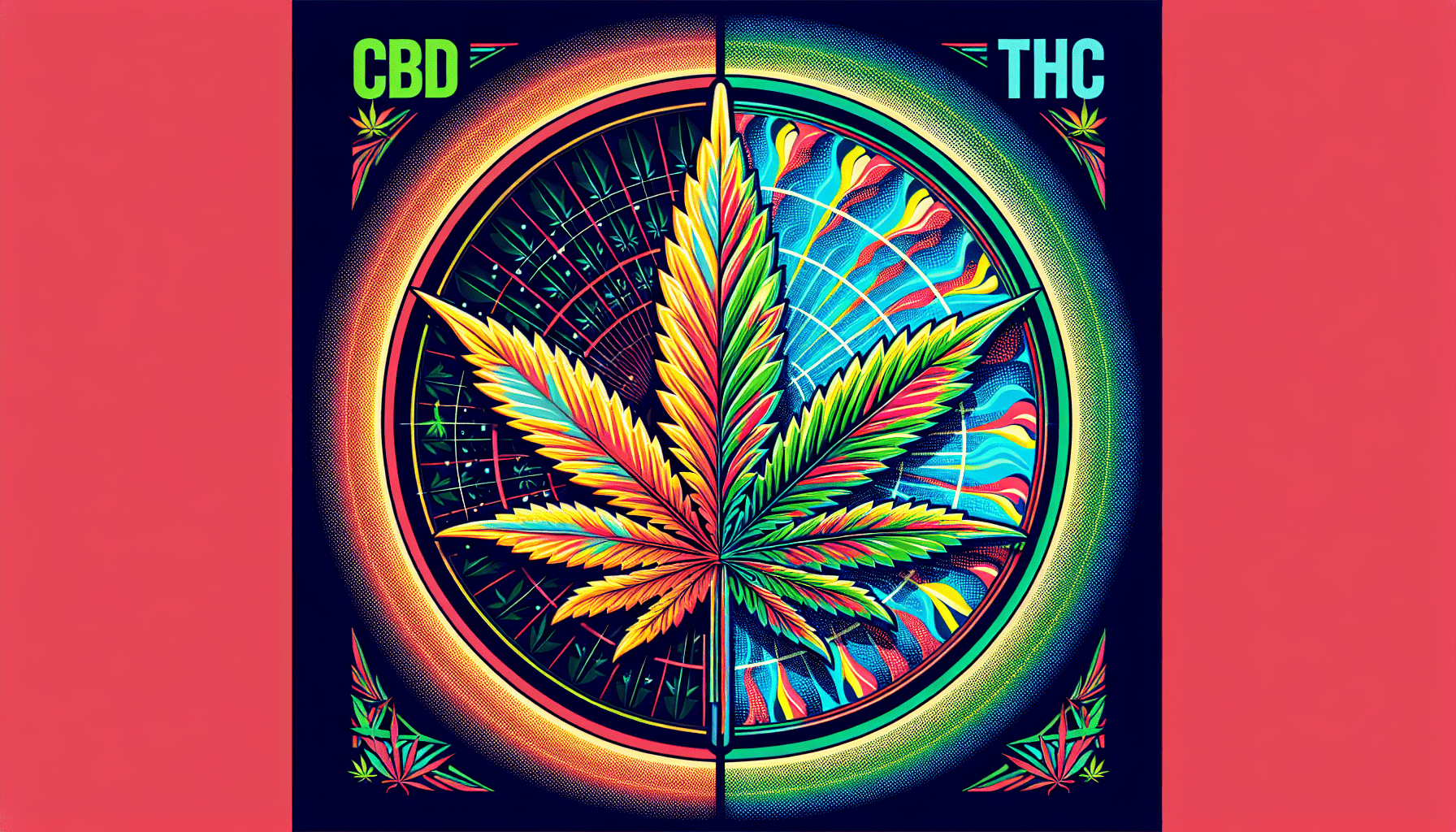
Availability and Consumption
CBD products and consumption methods
CBD is available in various forms to suit individual preferences and specific needs. Common CBD products include oils, tinctures, capsules, edibles (such as gummies or chocolates), topicals (creams or balms), and even beverages. Each method of consumption offers its own advantages and considerations, depending on factors like desired onset time, dosage accuracy, portability, and discretion.
THC products and consumption methods
THC products come in various forms, depending on legalities in different regions. These can include dried flowers or buds, concentrates (such as wax or shatter), edibles (such as brownies or candies), tinctures, and vaping cartridges. As with CBD, the choice of consumption method depends on desired effects, dosage control, and personal preferences.
Variations in availability
Availability of CBD and THC products can vary significantly depending on the legal and regulatory framework in a given region. In places where cannabis is legal for recreational or medicinal use, a wider range of CBD and THC products are likely to be available from licensed dispensaries. In areas where marijuana is illegal, access to THC products may be limited, and CBD products derived from hemp may be more accessible.
Interaction with the Endocannabinoid System
CBD’s interaction with the endocannabinoid system
CBD interacts with the endocannabinoid system by indirectly influencing cannabinoid receptors. It inhibits the breakdown of the endocannabinoid anandamide, increasing its levels and prolonging its effects. CBD also affects other receptors and neurotransmitters involved in regulating pain, inflammation, mood, and other bodily functions. Its multifaceted interaction contributes to its potential therapeutic benefits.
THC’s interaction with the endocannabinoid system
THC, on the other hand, interacts directly with both the CB1 and CB2 receptors of the endocannabinoid system. By binding to these receptors, THC produces its psychoactive effects and influences various physiological processes. This direct activation accounts for the intoxicating effects of THC and its potential therapeutic applications in certain medical conditions.
Differences in mechanism of action
The difference in how CBD and THC interact with the endocannabinoid system accounts for their contrasting effects. CBD’s indirect modulation of cannabinoid receptors and interaction with other receptors and neurotransmitters elicits therapeutic effects without significant psychoactivity. THC’s direct binding and activation of CB1 receptors, primarily in the brain, lead to its psychoactive effects. Understanding these distinct mechanisms helps explain the disparity in the properties of CBD and THC.
In conclusion, CBD and THC, two compounds derived from the cannabis plant, have distinct characteristics and effects. CBD is non-psychoactive, with potential therapeutic benefits for conditions ranging from pain and inflammation to anxiety and epilepsy. THC, on the other hand, is psychoactive, providing a euphoric high and potential medicinal uses such as pain relief and appetite stimulation. Understanding the differences between CBD and THC, including their chemical makeup, psychoactive effects, medical applications, legal considerations, side effects, impact on drug tests, availability, and interaction with the endocannabinoid system, is crucial to make informed choices when considering their use. As research continues, our understanding of these compounds will undoubtedly evolve, shedding more light on their full potential and applications.
